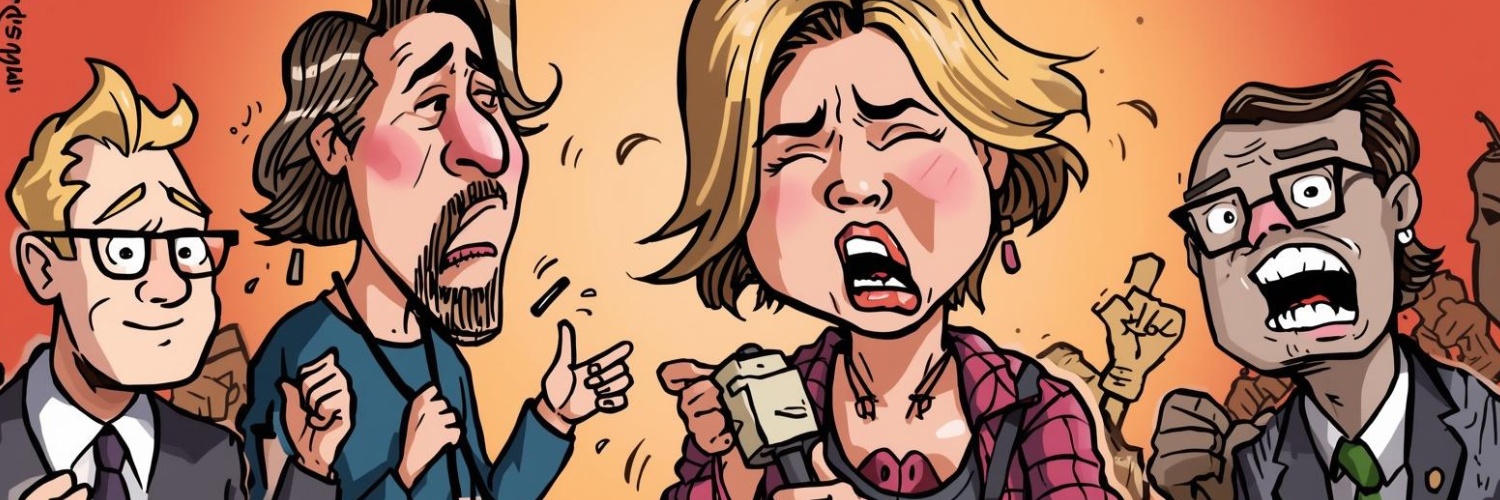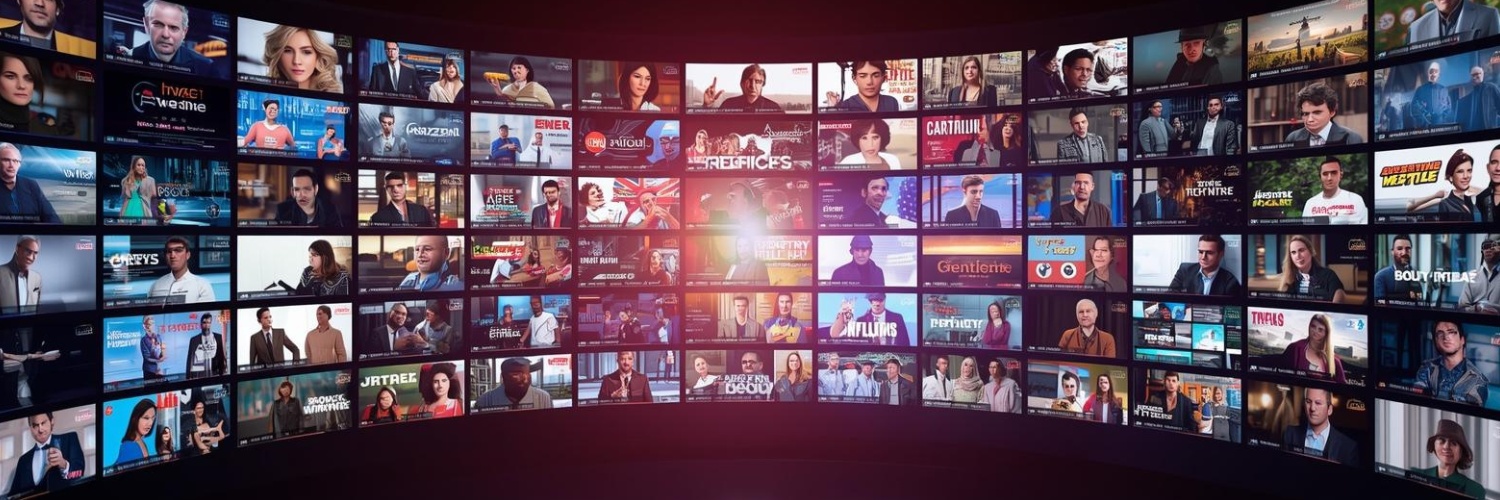- Aiswarya MR
- 109
The movie “It Ends With Us” has been the subject of much criticism lately. The issue has taken a pretty ugly turn, from the early excitement surrounding the adaptation of Colleen Hoover’s popular novel to the reaction surrounding the film’s reception and the ensuing online assaults on actress Blake Lively.
The backlash
- Critical reception: The movie had mixed reviews from critics, many of whom thought it was an overly simplistic and melodramatic version of the original work.
- Fan disappointment: A few book lovers were disappointed with the movie’s departures from the book as well as how several characters and narrative aspects were portrayed.
- Online attacks: Blake Lively has been the target of constant online attacks, which is the most worrisome part of this story. Disappointed and angry, many social media users turned to personal attacks, attacking her appearance, acting choices, and her personality.
Holding the Messenger Responsible
It’s important to recognize that when a movie does poorly or gets bad reviews, performers are frequently unfairly singled out. As the movie’s star, Blake Lively was used as an easy scapegoat for its flaws. This tendency to hold performers accountable for a movie’s alleged shortcomings is extremely troublesome.
- Collective Responsibility: The director, screenplay, producers, and full cast are just a few of the many people that work together to determine whether a movie succeeds or fails.
- Artistic Interpretation: Within the parameters of a script, actors are entrusted with giving characters life. It’s okay to criticize their performance, but it’s not acceptable to make personal or sexist remarks.
The necessity of accountability
It’s critical to hold people responsible for their behavior, but it’s just as critical to hold platforms and algorithms responsible for spreading hate speech and negativity. Social media companies need to take greater action to stop online harassment and shield users from cyberbullying.
An Appeal for Introspection
This incident is a sobering reminder of the poisonous nature of internet debate and the value of empathy and critical thought. We must think about the impact of our comments and the possible repercussions for others before passing judgment hastily and acting in a destructive manner online.
In summary
In the end, it is up for debate whether or not Blake Lively should be apologized to by the internet. But this instance shows that online criticism has to be handled with greater compassion and complexity. Instead of using hurtful generalizations and personal assaults, let’s work to establish a more polite and constructive online space where constructive criticism can be voiced.
Tags:
CelebritiesAuthor - Aiswarya MR
With an experience in the field of writing for over 6 years, Aiswarya finds her passion in writing for various topics including technology, business, creativity, and leadership. She has contributed content to hospitality websites and magazines. She is currently looking forward to improving her horizon in technical and creative writing.
Recent Post






